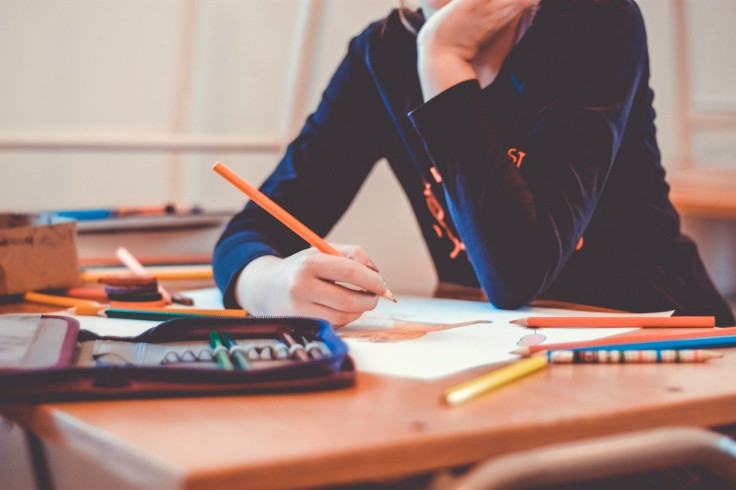Homeschooled Adolescents Less Likely To Finish College But Have 'Greater Character Strengths': Study
KEY POINTS
- Researchers looked at the effect of different school types on students' well-being and health
- Compared to public school students, homeschoolers were more likely to forgive
- Results may help inform parents, educators and policy-makers to make informed decisions
Are there differences in the outcome of students who attend different types of schools? Homeschooled adolescents are less likely to get a college degree compared to those who attend public schools, but they report fewer risky health behaviors and "greater character strengths," a new study has found.
Previous studies looked at the associations between the type of primary as well as secondary schooling and students' academic achievement, the researchers of a new study published in PLOS ONE noted. However, studies on the subject "beyond academic performance" are "sparse," when such data can help parents, educators and policy-makers make informed decisions.
"School experiences in primary and secondary schools may be crucial for shaping individuals' developmental and well-being trajectories in later life, and shaping student well-being is arguably one of the important aims of education," the researchers wrote. "It is, therefore, important to understand students' long-term achievements and well-being across different aspects of life when comparing various types of primary and secondary schools."
For their study, the researchers looked at how the type of schooling in adolescence affected "subsequent health and well-being in young adulthood." They used data from the Growing Up Today Study (GUTS), which involved 12,288 students aged 11 to 19 with a mean age of 14.56. The baseline data gathered in 1999 included information such as the type of school that the participant was attending. Among them, 80.56% were attending public school, 9.67% attended a private religious school, 8.12% were attending private independent schools while only 1.66% were homeschooled.
Outcome data were collected mainly from the GUTS questionnaire's 2010 wave or, if not available, from the 2013 or 2007 wave.
The researchers found "few statistically significant differences" between the children who were attending public schools, private religious schools and private independent schools, the Public Library of Science noted in a news release. However, there were some "notable" differences between the students who attended public school and those who were homeschooled.
Specifically, those who were homeschooled were more likely to forgive others and were 51% more likely to attend religious services frequently. They also had a greater frequency of volunteering and possessed a greater sense of mission in life while also being less likely to have used marijuana. Moreover, they had a lower number of sexual partners in their lifetime. However, they were 23% less likely to have attained a college degree in young adulthood and were "possibly" at a greater risk for posttraumatic stress disorder.
"Although the associations in our study warrant further investigation in future studies, the results here provide some suggestive evidence that support for the psychological well-being of homeschoolers may be worthwhile," the researchers wrote
The researchers noted, however, that the results may not be applicable to the general population as most of the participants were non-Hispanic white and children of nurses.
As for why the homeschooled students were less likely to have earned a college degree, the researchers surmise that it may be partly reflective of lower learning attainment or perhaps less of an interest in going to college. It's also possible, they noted, that it may "reflect the status quo" among some U.S. universities that have restricted admission policies for homeschooled students.
"School choice is certainly shaped by a variety of factors, such as beliefs, values, and logistical considerations, in addition to a desire for academic learning and educational achievement," the researchers wrote. "A broad range of outcomes, considering numerous aspects of a child's long-term well-being, is therefore arguably relevant for decision-making. The results of this study might thus help inform policy-makers, educators, parents and other education stakeholders in their decisions by consideration of the evidence on this broader range of educational goals and outcomes."

© Copyright IBTimes 2024. All rights reserved.












